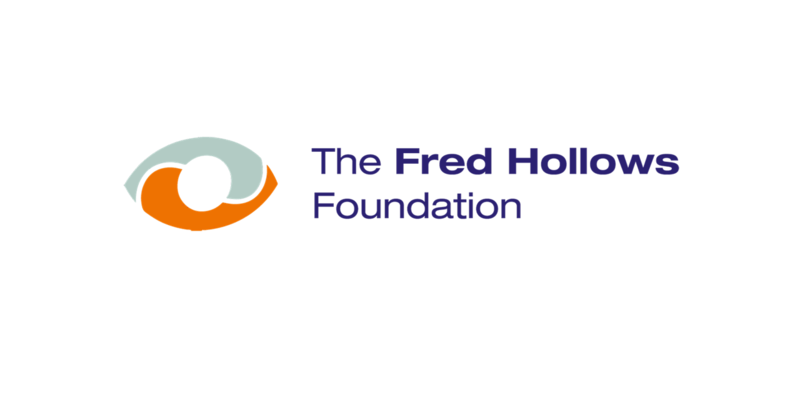News
The Fred Hollows Foundation

Derwent was honoured to work with The Fred Hollows Foundation to appoint a new Chair to their Board.
The below is an extract from a statement from The Fred Hollows Foundation.
"The Fred Hollows Foundation has welcomed senior executive Jane Madden as its new Board Chair after paying tribute to former Victorian Premier John Brumby, who retired as Chair yesterday during The Foundation’s Annual General Meeting.
Jane has a passion for international development and more than 25 years’ experience across the public and private sectors including positions at the most senior levels of the Australian Departments of Foreign Affairs and Trade, Austrade and Prime Minister and Cabinet. Jane has been a Board Member of the Black Dog Institute, the President of the National Foundation for Australian Women and a Member of the Lirrwi Arnhem Land Indigenous Advisory Panel, among a range of other experiences.
“I was extremely excited to join The Fred Hollows Foundation’s Board earlier this year, and I’m now doubly honoured to be entrusted with the role of Chair,” Jane said.
“Recently, I saw The Foundation’s work firsthand at the Aboriginal Medical Services Alliance Northern Territory in Alice Springs, and had in-depth conversations with staff about the challenges and social determinants of eye health outcomes. There is so much we need to do to close the gap in blindness for Aboriginal and Torres Strait Islander Peoples.
“The Foundation is an organisation I’ve long admired. I believe its determination to deliver on Fred Hollows’ vision of a world where no person is needlessly blind is an important goal, especially as the world grapples with the difficult consequences of the pandemic.”
John Brumby had been Chair of The Foundation since 2016 and recalled Fred Hollows as someone who worked tirelessly to end avoidable blindness and restore sight.
“Like so many Australians, I remember Fred as a dedicated campaigner for justice in Australia and overseas. He was forthright, he was direct, and he got results,” Mr Brumby said.
“I first became involved with The Foundation about 20 years ago, and it has been a true privilege to witness its growth over time.
“There is nothing more special than seeing the notes from older people with their cheque for $25, apologising that they can’t give more because of their love for the work The Foundation does and the trust they have in us to use that money well.
“I want to thank the people of Australia for their wonderful support of The Foundation and to thank our staff and partners around the world for their life-changing work, especially over the past year, which has been especially difficult. It has been a real honour to serve such a worthwhile cause alongside some of the social sector’s best people.”
Share this Article
Recent Articles






